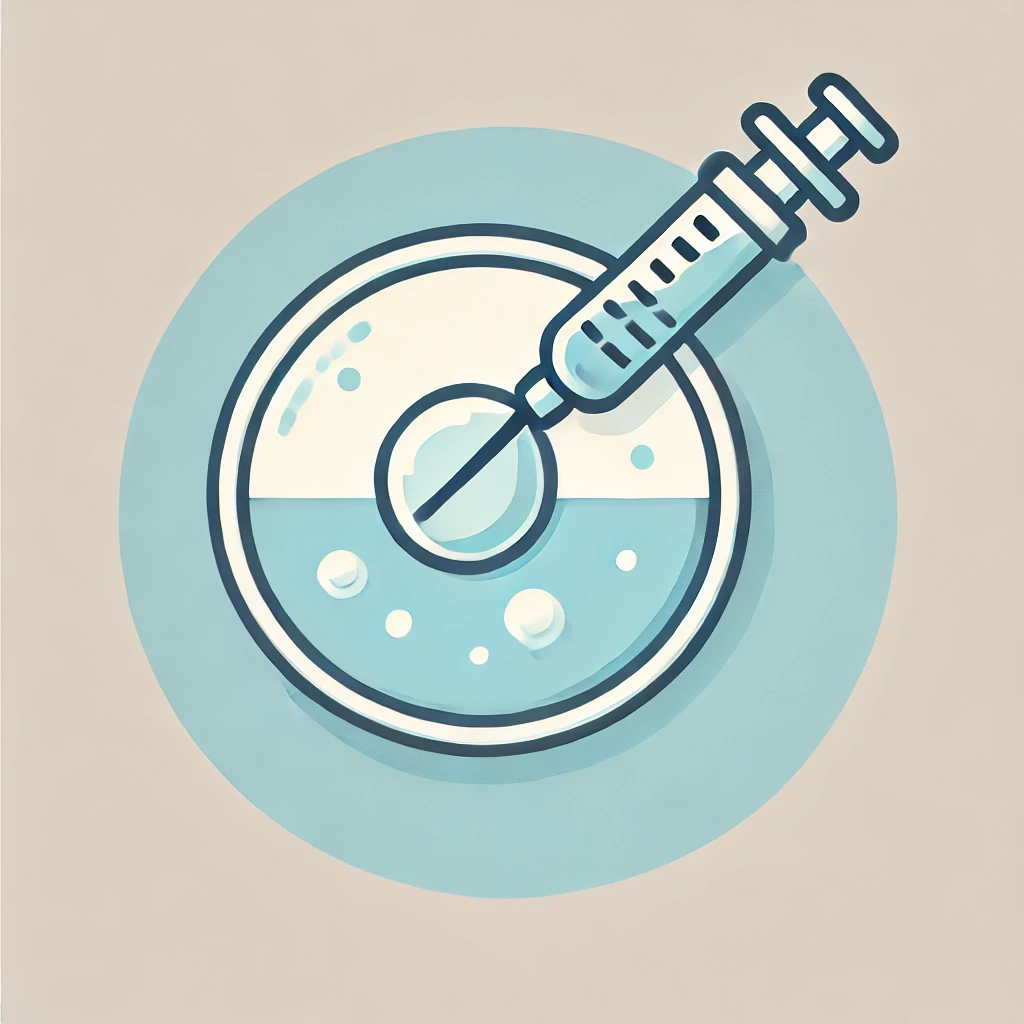The Connection Between IVF and Twins: Likelihood, Risks, and Choices
In vitro fertilization (IVF) has changed the landscape of fertility, helping countless individuals and couples achieve parenthood. One well-known outcome of IVF is the increased likelihood of twins or multiple births. While the idea of twins can be exciting, it’s essential to understand the factors that contribute to twin pregnancies, the associated risks, and the decisions couples can make during the IVF process. This article explores the connection between IVF and twins, offering insights into the chances, risks, and options involved. Why Does IVF Increase the Chances of Twins? The higher likelihood of twins with IVF is largely due to …
FAQs and Myths About Twins and IVF
1. Are IVF Twins Always Fraternal? Answer: No, IVF twins are not always fraternal. While transferring multiple embryos increases the likelihood of fraternal twins, identical twins can occur if a single embryo splits after implantation, though this is less common. 2. Can Lifestyle or Diet During IVF Influence Twin Rates? Answer: No, lifestyle or diet does not significantly influence twin rates during IVF. Twin pregnancies are primarily determined by the number of embryos transferred or the natural splitting of an embryo. 3. Do IVF Twins Have a Higher Risk of Genetic Conditions? Answer: IVF itself does not increase the risk …
Rebuilding Intimacy During Fertility Treatments: Tips for Couples
Key Tips for Rebuilding Intimacy Tip How It Helps Open Communication Helps address emotional and physical challenges together. Schedule Intimacy Outside Fertility Timelines Reduces the pressure of sex being tied solely to conception. Practice Stress-Relief Activities Together Strengthens emotional connection through shared relaxation techniques like yoga or meditation. Seek Counseling or Support Groups Provides a safe space to address challenges and reconnect emotionally. Focus on Non-Sexual Intimacy Builds closeness through cuddling, massages, or shared activities without focusing on intercourse. Fertility treatments can be emotionally and physically demanding, often putting a strain on a couple’s intimacy. The focus on timed intercourse …
How Vaginal Health Impacts Conception: Tips for Women
Vaginal Health and Fertility Aspect of Vaginal Health Impact on Conception pH Balance Optimal vaginal pH (slightly acidic) supports sperm survival and prevents harmful infections. Cervical Mucus Fertile cervical mucus during ovulation helps sperm reach the egg more efficiently. Vaginal Infections Infections like bacterial vaginosis (BV) or yeast infections can create hostile environments for sperm. Hydration and Lubrication Proper hydration supports healthy mucus production and reduces discomfort during intercourse. Overall Vaginal Health Maintaining a healthy microbiome ensures a sperm-friendly environment, aiding conception. Vaginal health plays a crucial role in conception, as it directly influences the environment in which sperm travel …
Can Erectile Dysfunction Affect Fertility? Diagnosis and Solutions
Erectile Dysfunction (ED) and Fertility Aspect Impact on Fertility Erectile Dysfunction (ED) Impacts the ability to achieve and maintain an erection, making intercourse and natural conception challenging. Underlying Health Issues Conditions like diabetes, cardiovascular disease, and hormonal imbalances can contribute to both ED and reduced fertility. Psychological Factors Stress, anxiety, and depression can affect sexual performance and overall reproductive health. Treatment Options Lifestyle changes, medications, therapy, and assisted reproductive technologies (ART) can help manage ED and improve fertility. Erectile dysfunction (ED) is a common condition that affects a man’s ability to achieve or maintain an erection, often complicating natural conception. …







